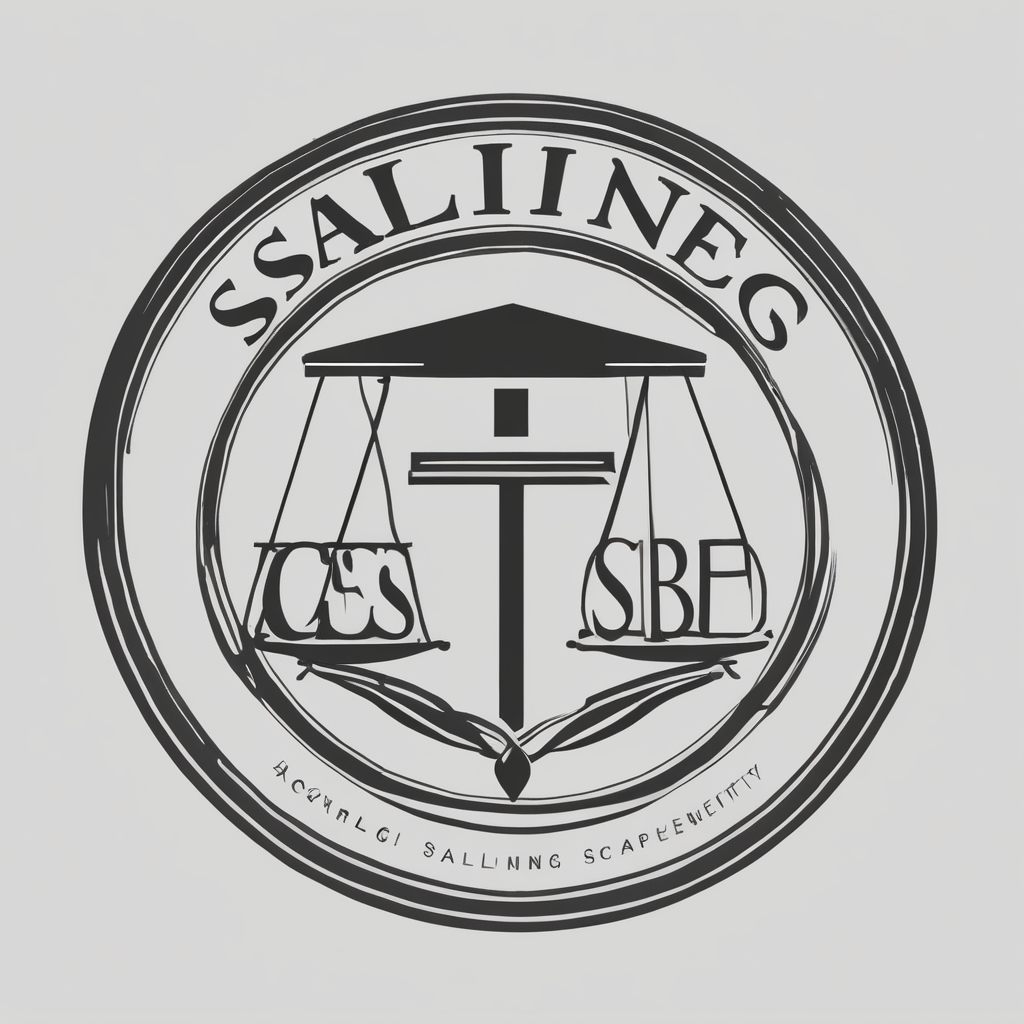Launching a startup in software development demands a solid grasp of UK Intellectual Property (IP) laws. These regulations protect your innovative ideas, prevent unauthorized use, and can significantly impact your success. Understanding trademarks, patents, and copyright can safeguard your creations while fostering creativity. This guide equips you with essential insights to ensure your startup thrives in a competitive landscape. Empower yourself with the knowledge needed to navigate IP rights effectively and confidently.
Overview of UK Intellectual Property Laws
Understanding UK Intellectual Property Laws is crucial for software startups. These laws provide a legal framework that protects creations of the mind, ensuring inventors and creators can reap the benefits of their innovations. Intellectual property (IP) encompasses various types, each significant in the software industry.
Additional reading : What specific steps should a UK-based digital health company take to comply with telemedicine laws?
Types of Intellectual Property
In the context of software startups, the most relevant types of IP include:
- Copyright: Protects the expression of ideas, such as code and software design.
- Patents: Safeguard inventions, including unique algorithms and processes.
- Trademarks: Cover branding elements, like logos and product names.
- Trade Secrets: Involve confidential business information, like proprietary software techniques.
Importance in Software Development
IP laws are vital in the software development sector. They ensure that startups can protect their innovations from unauthorized use or duplication. This protection encourages investment in new technologies and fosters an environment where creativity can thrive. By understanding and leveraging these laws, software companies can secure a competitive edge, build brand recognition, and enhance their market position. Consequently, a robust understanding of the legal frameworks governing IP is indispensable for any software startup aiming for success in the UK.
Additional reading : What are the precise steps for setting up a UK-based renewable energy storage company?
Patents in Software Development
In the realm of software development, understanding software patents is essential for protecting unique innovations. Patent eligibility for software hinges on the invention being new, inventive, and capable of industrial application. This means the software must solve a technical problem in a novel way, beyond mere computer programs as such.
Process of Obtaining a Patent in the UK
The journey to securing a patent in the UK involves several steps. Initially, a detailed patent application must be submitted to the UK Intellectual Property Office (UKIPO). This application should clearly describe the invention, its functionalities, and its technical advantages. Following this, the UKIPO conducts a thorough examination to ensure the invention meets all legal criteria.
Common Pitfalls and Challenges
Navigating patent law can be fraught with challenges. One frequent pitfall is failing to demonstrate the technical contribution of the software, which is crucial for eligibility. Additionally, the protection strategies must be robust, ensuring that the scope of the patent is neither too broad nor too narrow. Another challenge is the potential for lengthy and costly legal battles if patent infringement occurs. By understanding these complexities, software startups can better strategize to safeguard their innovations effectively.
Copyrights and Software
In the world of software development, Copyright Law plays a pivotal role in safeguarding the intellectual creations of developers. Software Copyright specifically protects the expression of ideas, such as the source code and the overall structure of a program. Unlike patents, which protect inventions, copyrights do not require the software to be novel or inventive, making them accessible to a broader range of software projects.
Registration Process and Benefits
While copyright protection is automatic upon the creation of a work, registering it with a recognised body can provide additional legal advantages. Registration serves as a public record, offering undeniable proof of ownership, which is crucial in legal disputes. It also makes it easier to license software to third parties, potentially opening up new revenue streams.
Key Considerations for Developers
For software developers, understanding the nuances of copyright law is essential. Developers must ensure that their work is original and not a derivative of existing copyrighted material. They should also be aware that while copyright protects the code itself, it does not cover the underlying ideas or algorithms. Therefore, careful documentation and registration can significantly bolster a developer’s ability to defend their creations against infringement.
Trademarks for Software Startups
In the competitive landscape of software startups, trademark law plays a critical role in safeguarding brand identity. Trademarks are essential for distinguishing a company’s products and services from those of competitors, fostering brand recognition and consumer trust. For software companies, securing a trademark can protect logos, product names, and other branding elements crucial for brand protection.
Steps to Registering a Trademark in the UK
Registering a software trademark in the UK involves several key steps. Initially, a comprehensive search is necessary to ensure the desired trademark is not already in use. Following this, an application must be filed with the UK Intellectual Property Office (UKIPO), detailing the trademark and its intended use. The application undergoes examination to confirm its compliance with legal requirements. Upon approval, the trademark is published in the official journal, allowing for any objections before final registration.
Strategies for Enforcing Trademark Rights
Once a trademark is registered, enforcing trademark rights is vital to maintain its integrity. Effective strategies include monitoring the market for potential infringements and taking swift legal action when violations occur. Additionally, educating employees and stakeholders about the importance of trademark compliance can further bolster enforcement efforts, ensuring the brand protection remains robust.
Trade Secrets and Confidentiality
In the realm of software startups, trade secrets serve as a vital form of intellectual property, safeguarding confidential information that grants a competitive edge. Unlike patents or copyrights, trade secrets do not require registration, but their protection hinges on maintaining secrecy.
Definition and Significance
Trade secrets encompass formulas, practices, processes, designs, or any information that holds economic value due to its secrecy. For software startups, this could include proprietary algorithms, unique coding techniques, or business strategies. The significance lies in their ability to provide a sustained competitive advantage without the need for formal registration.
Legal Protections
The legal protections for trade secrets are grounded in the obligation to keep them confidential. In the UK, the Trade Secrets (Enforcement, etc.) Regulations 2018 provides a framework for protection, prohibiting unlawful acquisition, use, or disclosure of trade secrets. Legal actions can be pursued if these conditions are breached, ensuring that startups can defend their valuable information.
Best Practices
To maintain trade secret status, companies should implement robust measures such as:
- Limiting access to confidential information
- Using non-disclosure agreements (NDAs)
- Regularly training employees on confidentiality practices
By diligently safeguarding their confidential information, software startups can effectively leverage trade secrets to enhance their market position.
Case Studies and Practical Examples
Exploring IP Case Studies and Practical Applications provides valuable insights for software startups. These Real-World Examples demonstrate effective IP protection strategies and highlight lessons from industry disputes.
Successful IP Protection Strategies
One notable example is a startup that developed a unique algorithm and secured it through a combination of patents and trade secrets. By doing so, they not only protected their innovation but also gained a competitive advantage. This strategy allowed them to license their technology to larger firms, generating significant revenue.
Lessons from IP Disputes
Lessons can also be drawn from IP disputes. A well-documented case involved a startup facing a lawsuit for allegedly infringing on a competitor’s patent. The outcome underscored the importance of conducting thorough patent searches and ensuring clear documentation of original work to avoid costly legal battles.
Practical Applications in Daily Operations
Incorporating IP laws into daily operations can streamline processes and enhance security. For instance, implementing regular training sessions on IP compliance helps employees understand their role in protecting the company’s assets. Additionally, using non-disclosure agreements (NDAs) when collaborating with external partners safeguards confidential information. By learning from these Real-World Examples, startups can effectively navigate the complexities of IP protection.
Resources and Further Reading
Navigating the complex landscape of UK IP laws can be challenging for software startups. Fortunately, numerous IP Resources are available to aid in understanding and applying these laws effectively. Startups should consider consulting reputable sources such as the UK Intellectual Property Office (UKIPO) website, which offers comprehensive guides and updates on IP regulations.
Legal Assistance Options
For those seeking Legal Assistance, engaging with IP law firms or consultants can provide valuable expertise. These professionals can offer tailored advice on protecting innovations, ensuring compliance, and addressing potential disputes. Many firms offer initial consultations at reduced rates, allowing startups to explore their options without significant financial commitment.
Further Reading Materials
For Further Reading, several books and online resources delve deeper into intellectual property protection. Titles such as “Intellectual Property Law for Dummies” and “The Innovator’s Guide to Patents” are excellent starting points. Additionally, online platforms like Coursera and edX offer courses on IP law, providing structured learning opportunities. Engaging with these materials can enhance understanding and empower startups to make informed decisions regarding their intellectual property strategies.
By leveraging these resources, software startups can better navigate the intricacies of IP law, safeguarding their innovations and bolstering their market position.






